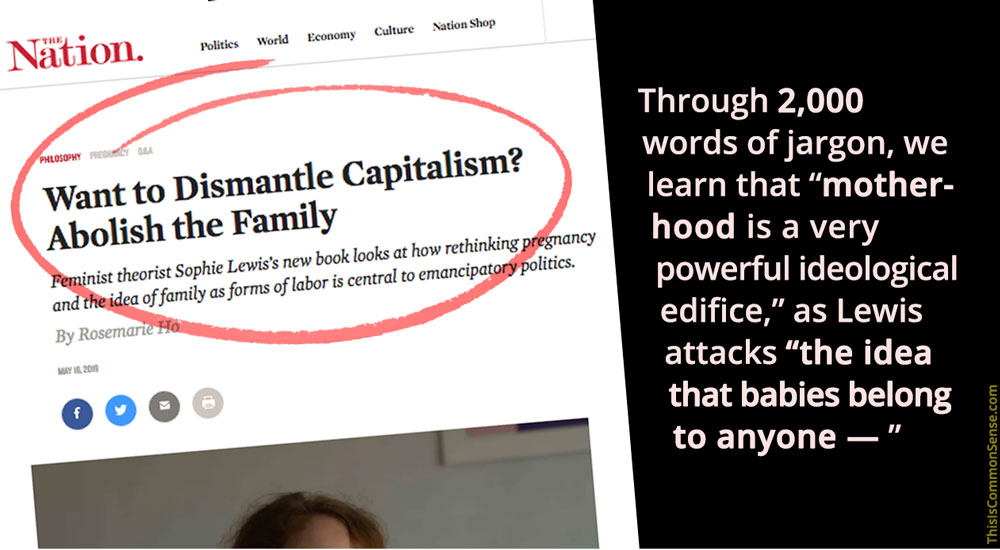“A divided America gathers for Fourth,” The Washington Post headlined its lead story about the Independence Day celebration on the National Mall.*
Give me two minutes to unite us.
On the night of July 3rd, stuck in horrendous holiday traffic, I stumbled upon a National Public Radio broadcast discussing the punk rock song, “’Merican,” by Descendants. The operative lyrics being:
I’m proud and ashamed
Every fourth of July
You got to know the truth
Before you say that you got pride
“Truth,” now that’s heavy, man. What’s the truth about ’Merica — er, America?
It is certainly true that our government — in our name — has done some terrible things. And, accordingly, to suggest that criticism is unpatriotic is, well, to miss the point of why I feel very proud to be an American.
On the 150th anniversary of the Declaration of Independence, President Calvin Coolidge called July 4, 1776 “one of the greatest days in history” and “not because it was proposed to establish a new nation, but because it was proposed to establish a nation on new principles.” Those being “that all men are created equal, . . . endowed with certain inalienable rights, and that . . . the just powers of government must be derived from the consent of the governed.”
What this offers us is a standard to criticize America.
That is why it seems strange to witness folks criticizing current policy and behavior based on principles derived from the Declaration, yet, in the same breath, spurning America in the process. When America is wrong, let us right it — in true American style.
We may be divided on many issues, but on the ideals set forth in the Declaration of Independence we should all stand united.
This is Common Sense. I’m Paul Jacob.
* This was the headline in the print edition dropped on my driveway July 5th; the online version carried a different headline: “Trump’s Fourth of July celebration thrills supporters, angers opponents.”
** Love him or despise him, Rep. Justin Amash made a similar point in his op-ed about leaving the GOP to become an independent: “Our country’s founders established a constitutional republic . . . so ordered around liberty that, in succeeding generations, the Constitution itself would strike back against the biases and blind spots of its authors.

—
See all recent commentary
(simplified and organized)











